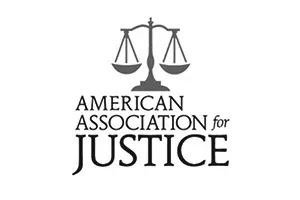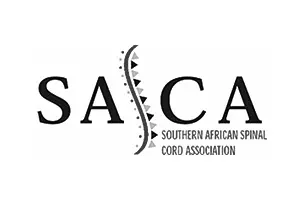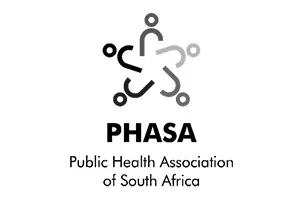
Rule 4A and its benefit on serving notices electronically
The benefits of the recently introduced Rule 4A of the Uniform Rules of the Superior Courts Practice
Rule 4A of the Uniform Rule of Court came into operation on 27 July 2012. It stipulated that the service of subsequent documents and notices in any proceedings may be sent by facsimile (fax) or electronic mail (e-mail) to the addresses provided. This 4A Rule further states that related services, under it, such as notices delivered “by hand”, need not be provisioned by the sheriff of the court.
South Africa benefited immensely during the pandemic from the promulgation of Rule 4A in that law firms and litigants were able to serve documents electronically.
Covid-19 brought the whole country and world to a standstill. No government had prepared sufficiently for the devastation it caused. As attorneys, we witnessed good decision-making at the case management level whereby a conclusion was reached to conduct trials and in addition heard meaningful judgements on multiple virtual meeting platforms. The new normal of law has been digital.
Although the purpose of the introduction of Rule 4A was to ease case flow management by eliminating delays caused by personal service, the Rule added more value during the Covid-19 pandemic by protecting litigants from physical contact which could have led to Covid-19 infections.
Serving legal documentation electronically is both faster and more economical when compared to in-person litigation. In addition, the actual physical location of an individual could change or be falsified which could cause delays for the court and overall justice for those victims who are seeking it.
Rule 4A deals with the service of documents after the service of process as provided for in Rule 4(1)(a). The Rule contemplates that a litigant, may, in terms of 6 (5)(b), 6 (5)(d) and (i),17(3),19(3) and 34(8), furnish an address at which service may take place in one or more of the following:
– by hand at the physical address for service provided;
– by registered post to the address provided; and
– facsimile or electronic mail to the respective addresses provided.
The problem is that neither of 6 (5), 17(3), 19(3) or 34(8), oblige a litigant to provide such facsimile or electronic mail addresses.
Rule 34(8) is silent, while rules 6 (5)(d), 17(3) and 19(3) provide that these addresses should be provided where available.
Rule 4A should be amended to give effect to the provisions of section 44(1)(a) of the Superior Courts Act, 10 of 2013 which came into operation on 23 August 2013, which provides that, in any civil proceedings before a Superior Court, any summons, writ, warrant, rule, order, notice, document or other processes of a Superior Court, or any other communication which by any law, rule, or agreement of parties is required or directed to be served or executed upon any person, or left at the house or place of abode or business of any person, in order that such person may be affected thereby, may be transmitted by fax or by means of any other electronic medium as provided by the Rules.

Michael Sithole (Author)
Malcolm Lyons and Brivik Attorneys Inc.
Malcolm Lyons and Brivik Attorneys are leading experts in the field of labour law, medical negligence and accident law in South Africa. To discuss whether you have a case, contact our offices below:
Telephone:
Cape Town Office:
Telephone: +27(0) 21 425-5570
E-mail: Cape.office@mlblegal.co.za
Johannesburg Office:
Telephone: +27(0) 11 268 6697
Email: Jhb.office@mlblegal.co.za
Contact form:
The current position on objections to the con/arb process
Con/arb process - The Commission for Conciliation, Mediation[...]
Out of time? Think again – The CCMA and its rules
By Lara Keil (Candidate Legal Practitioner) under the[...]
RAF’s lodgement requirements: Claimants further prejudiced
By Lara Keil (Candidate Legal Practitioner) under[...]

















